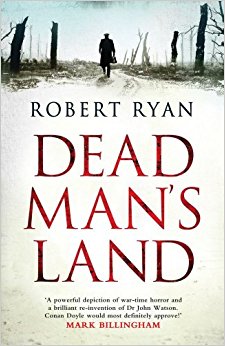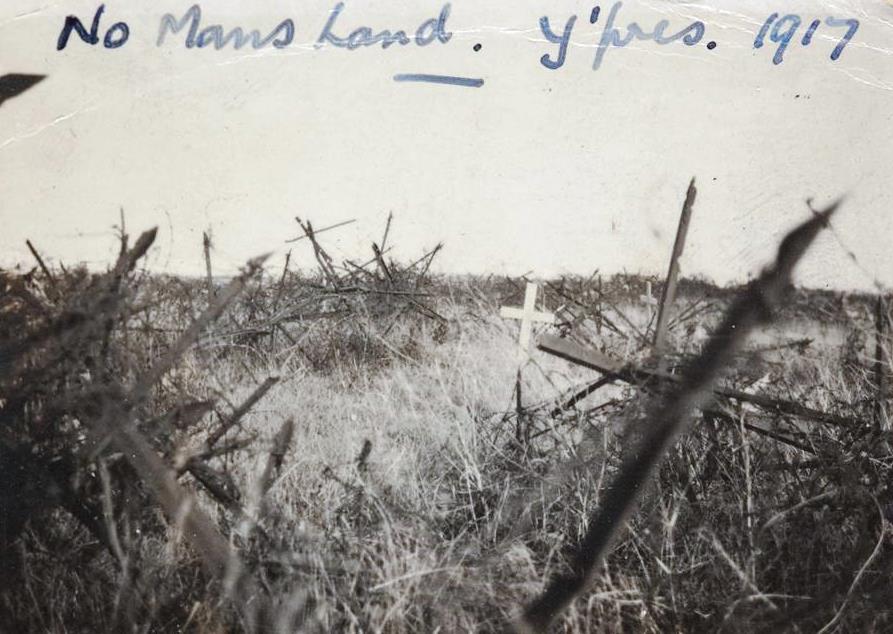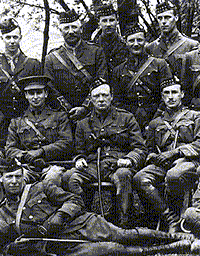Against the advice of his dear friend and mentor Sherlock Holmes, Dr John Watson volunteers for the British Army in 1915. Though he is over fifty, the Royal Medical Corps needs every qualified physician it can get, and he is soon in uniform and posted to Belgium.

That is the premiss.
Watson is assigned the task of teaching field surgeons a new technique of blood transfusion, and this mission takes him here and there near the front lines because it is there that blood transfusion can do the most good.
Amid the squalor, death, and destruction of trench warfare at Ypres, he notices a death that seems odd. At first the suspicion is that the new method of transfusion is to blame, but that conclusion is soon dispelled. Then there is another murder.

The army medics are so swamped and exhausted by the maimed, wounded, and dying that they have no time, energy, or wit left over for anything else. Moreover, they are assigned to one place. By contrast, Watson has some freedom of movement and some repose to think about what he has seen.
He starts to make inquiries and …. He forms a shaky alliance with an outspoken suffragette nurse’s aid, and bluffs his way here and there with his rank of major, with his fame at Holmes’s chronicler, and with his assured manner. His suffragette ally also plays some cards of her own and from their investigations a pattern begins to emerge.
Among the thousands and thousands of deaths that go through Clearing Station Five in the sector, five or six have not been the result of warfare. accident, or disease. They have been murdered. There is a murderer at work within the ranks!
Whatever for amid such a charnel house, Watson asks? Why bother when every man at the front will probably die soon enough? Yet the murderer pursues his victims even in extremis. What is the pattern and who might be next!
The set-up is a fresh take on the Holmes canon, and Holmes himself figures in the story with an apprentice. This Watson is persistent, insistent, and nobody’s fool but neither is he Holmes, as he realises.
But the Military Policemen are solely preoccupied with deserters and infiltrators and place no faith in the story he tells. He is after all a teller of stories, is he not? An over-active imagination set off by the shock of the front, they conclude. He is shown the door.
He will have to do it all himself.
There is an array of characters and a volume of detail about trench warfare. A counterpoint is offered in the role of German sniper who proves…. Winston Churchill is there in the trenches and gives Watson a hand.
 Churchill at Ypres
Churchill at Ypres
Altogether a compelling story well told, though the gruesome reality of the Ypres salient was taxing to read. There is even some gallows humour.
 Robert Ryan
Robert Ryan
This is part of series and I intend to read other titles in it.
Skip to content
